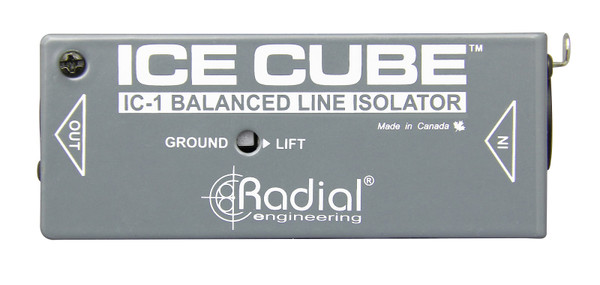
- Quick View
- Sold Out
World Renowned Music Store Since 1972!
Come Visit Us At 722 El Camino Real Redwood City CA 94063
Call Us At (415) 863-7327
M-F 10:30 to 6:00 Sat. 10:30 to 5:00 Closed Sundays
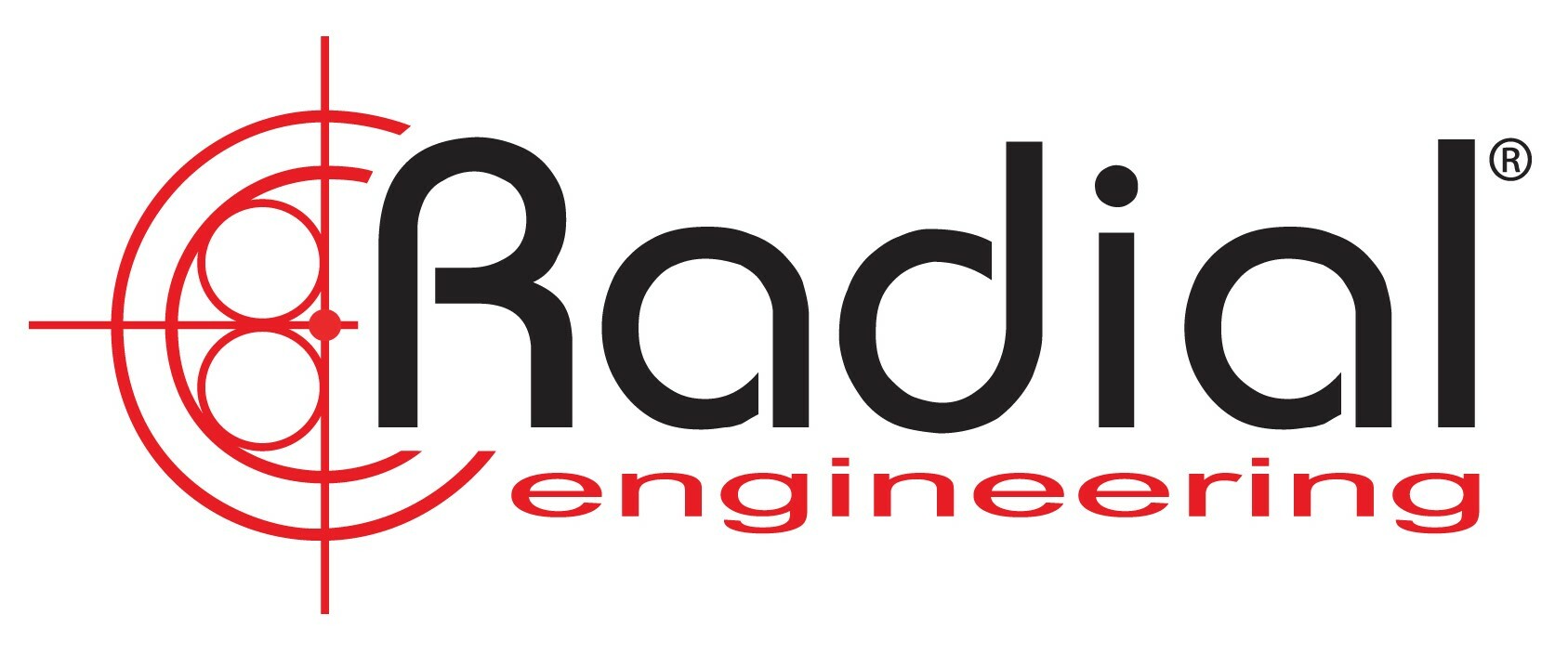
Balanced XLR Line Isolator
The IceCube™ is a balanced line-level isolator designed to quickly eliminate hum and buzz from an audio system by simply inserting it into the signal path.
Eliminate ground loops quickly
The IceCube is an ideal problem solver for today's AV technicians and audio engineers, providing an easy way to insert an isolation transformer into the signal path to remove hum and buzz from ground loops, with a ground lift switch for additional noise reduction. Simply connect it between any two line-level devices, such as a mixer and a powered speaker, or a crossover and a power amp. The IceCube will eliminate ground loop noise without limiting the audio bandwidth or introducing phase shift, and it can handle hot signal levels without distortion.
IceCube Applications
Isolating the DJ mixer from a console
Plug a couple of IceCubes in between the DJ mixer and the main PA to rid the system from hum or buzz caused by ground loops. Standard XLR connections make it easy.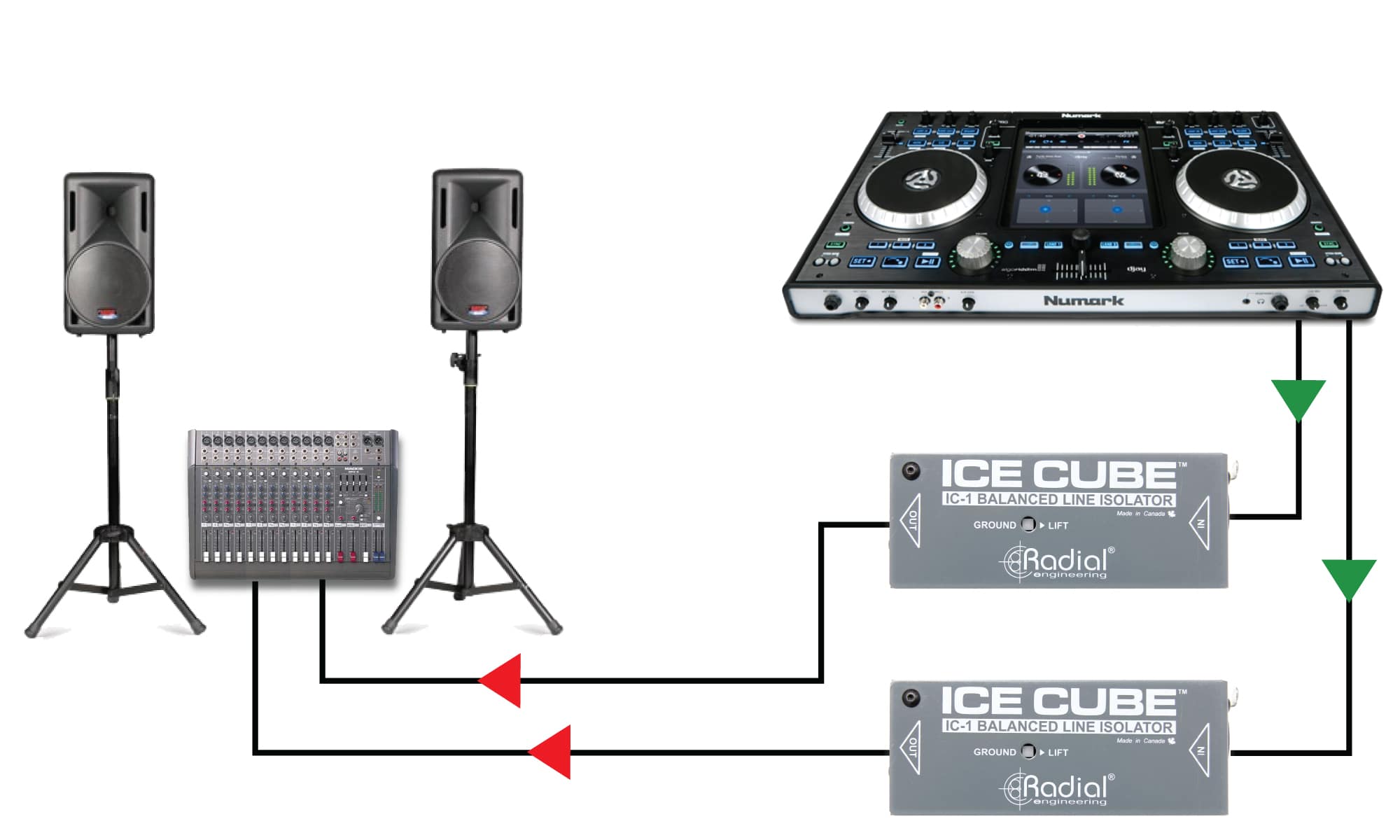
Isolating a crossover from a power amp
Eliminating noise problems can take hours of troubleshooting. The IceCube takes the hassle out of the equation with a plug and play solution that works every time.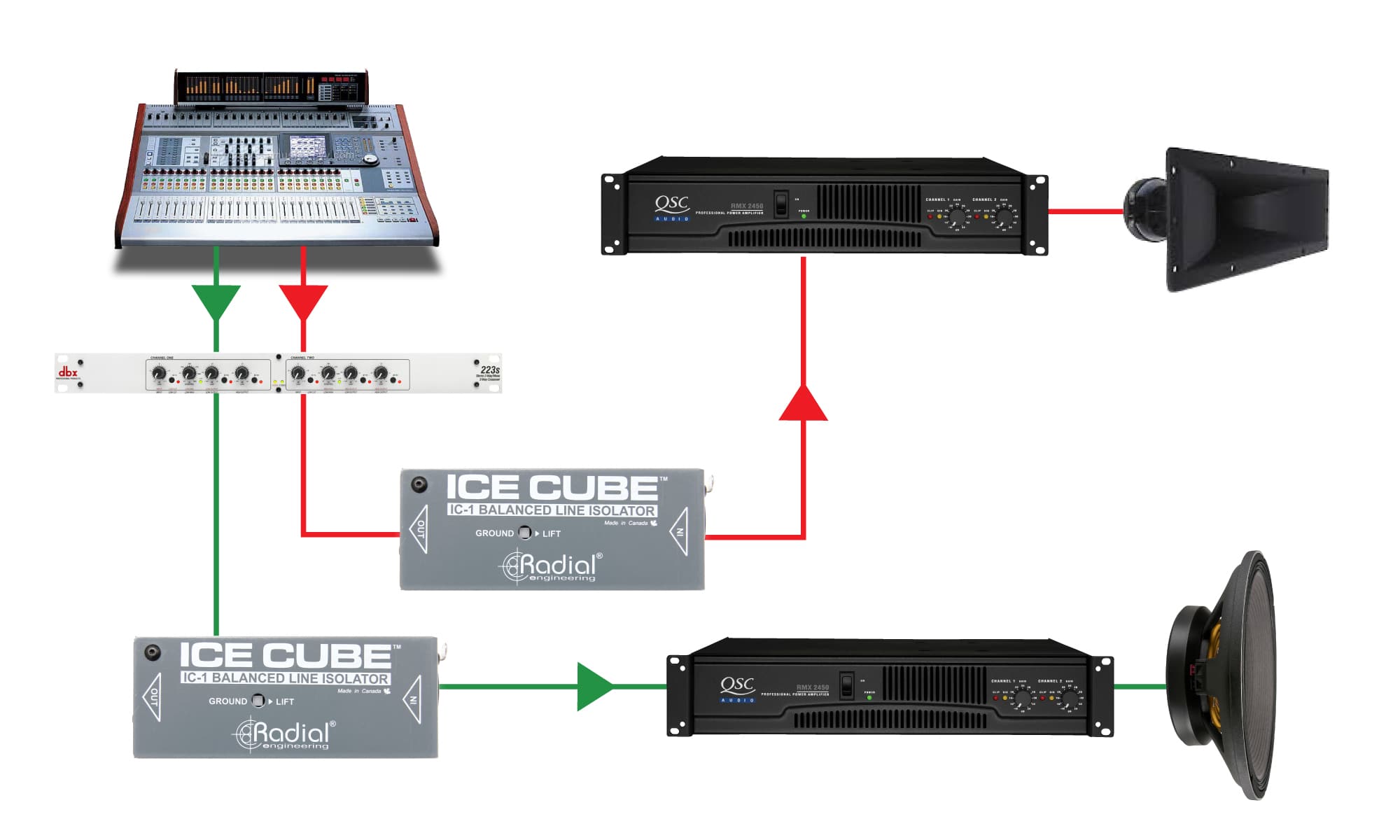
Isolating a console from a remote tower
When distant power systems power equipment it often leads to noise, due to voltage fluctuations and ground contamination. The IceCube isolates the system to reduce noise.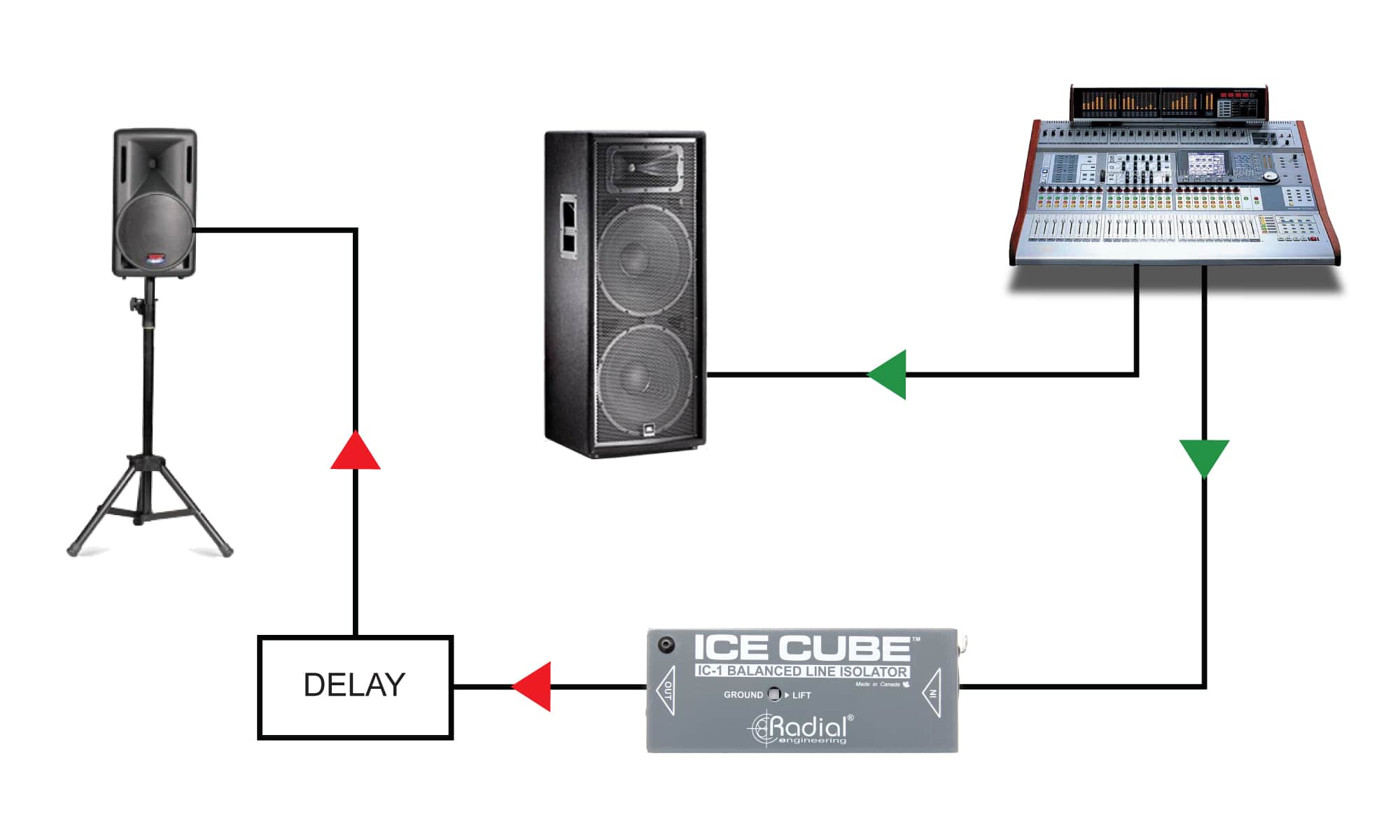
Church Production Article by Chris Huff
First Impression: Radial IceCube IC-1 Balanced Line Isolator and Hum Eliminator
Is it too much to ask for a hum eliminator to do its job without negatively affecting the audio signal quality? Radial doesn’t think so.
Ground loops grind my gears. And when it comes to using equipment to automatically eliminate line noise, I expect the noise to be removed without negatively affecting the quality of audio signal. Is that too much to ask? Radial doesn't think so.
The problem starts with the myriad of ways audio equipment can be connected, from the connection cables themselves to the electrical power quality. As long as those areas are good to go, then musician's gear can be a source of line problems. Take an electric guitar as an example. Plugged into a DI box and then into the system, there should be minimal sound coming from the guitar when not played. But, if an internal ground wire has come loose, then that will cause buzz in the line.
Regardless of the reason, be it a group loop that picks up the 60 Hz hum of the AC unit or an electric guitar problem, using a hum eliminator will normally take care of the problem. As an aside, it's best to find and fix the source of the problem. And I hate to say it but not all hum eliminators are the same. There is a reason one costs $5 while another costs much more.
We first saw the Radial IceCube (IC-1, List Price $79.99) balanced line isolator and hum eliminator at Winter NAMM 2015 this past January. I call it, the miracle box. Based on what we heard at the show, IceCube does its job and it does it extremely well. Not only does it remove the noise from the line but it does so without negatively affecting the audio quality of the signal. While most small transformers impact the quality of sub-100Hz signals, the IceCube's Eclipse transformer has a very linear response from 20 Hz to 18,000 Hz.
Let's get the build quality out of the way. I've seen some very sketchy cable accessories in my time. I'm talking about “buy it and then hold it together with tape.” I'm talking about wiggly connectors and loose screws. And it's here where I welcome the Radial IceCube with open arms.
The IceCube measures approximately 4 x 1.5 inches (10 x 4cm) and is made of the same 16-gauge steel used in all the Radial direct boxes. So you can drive over it, throw it off a building, or use it to stop a bullet. I'm not sure if it's been tested on that last one but if I ever have a free weekend...
It's also sealed tight. Using this type of enclosure, there's no outside interference from dimmers, power cables, and other sources of electro-magnetic fields. And there's no point in eliminating buzz just to let a little come back in.
Another feature is the well-constructed XLR jacks on each end. After using high-grade equipment, it's easy to forget about the little things. When it comes to five-dollar line isolators, I don't even trust the jacks. The Radial's jacks are sturdy and hold the cables firmly in place.
The IceCube is as easy to use as it gets. Place it in-line with the XLR input and XLR output and use it with consumer level or pro level equipment without worry of distortion. As long as the ground lift switch is engaged, it will eliminate line noise, “99% of the time” according to Radial. If you're dealing with the 1%, then you've got other problems.
One argument against Radial DI's, in general, is the price. But honestly, you get what you pay for. Let's look at the real investment. The lifespan of audio equipment should be between five and ten years before it either sounds dated or starts deteriorating. While I can see DI's lasting longer, take the price and divide it by ten. That comes out pretty cheap per year, for any of their direct boxes.
Whether the problem is a ground loop or noise introduced into a long cable feeding a distant powered speaker, at a price of $59.99 the Radial IceCube is the perfect addition to every audio tech's toolbox.
Now if I could only get them to engrave my name into the back.
by Chris Huff
Bio: Chris Huff has been behind the mixer for over 20 years. He's an audio engineer at Greenwood Christian Church in Greenwood, Indiana. Chris writes about the world of church audio
